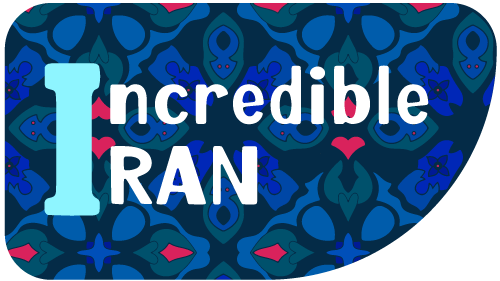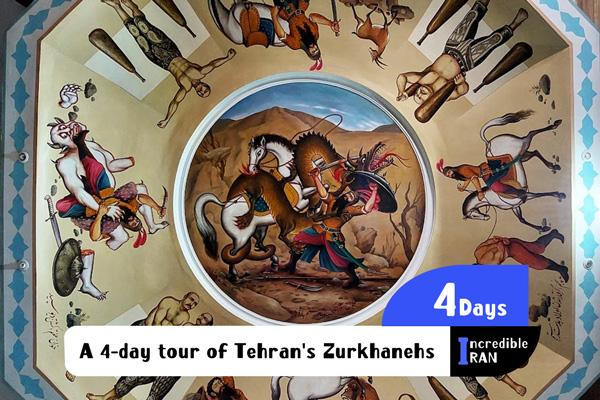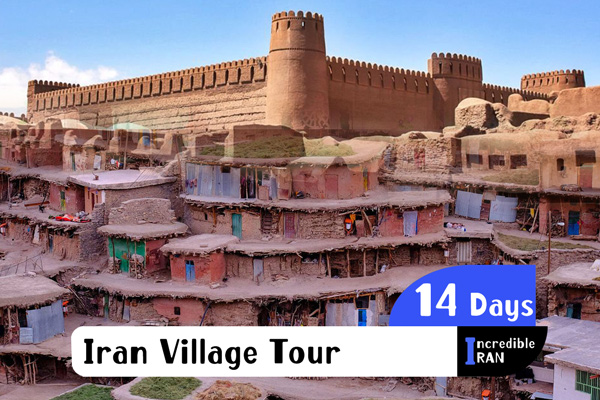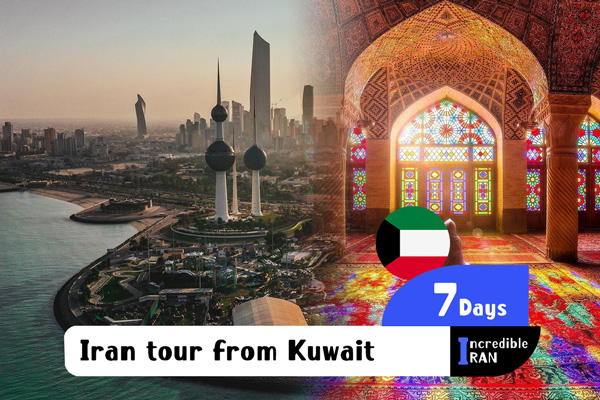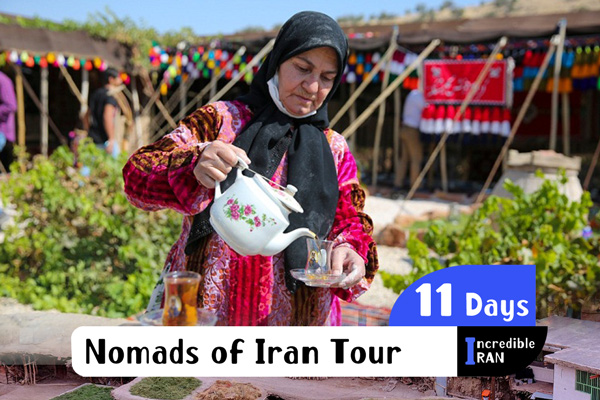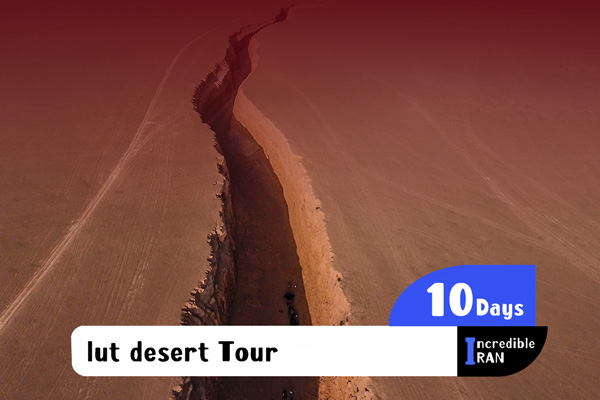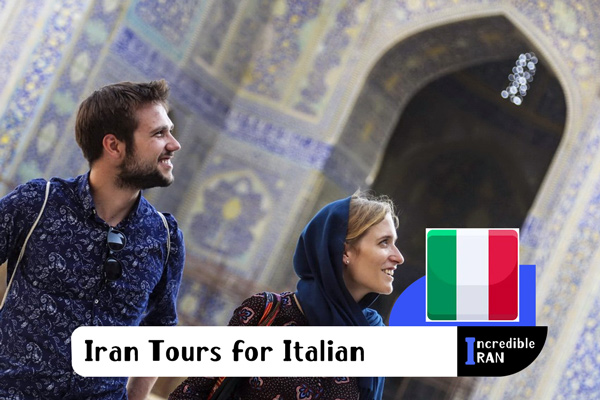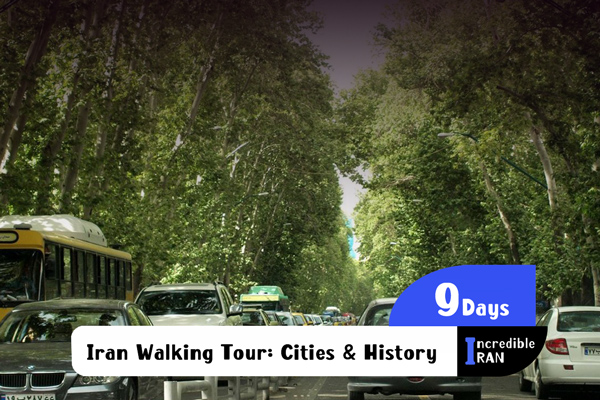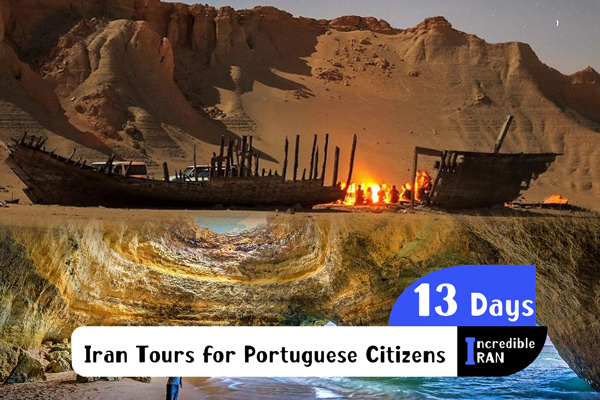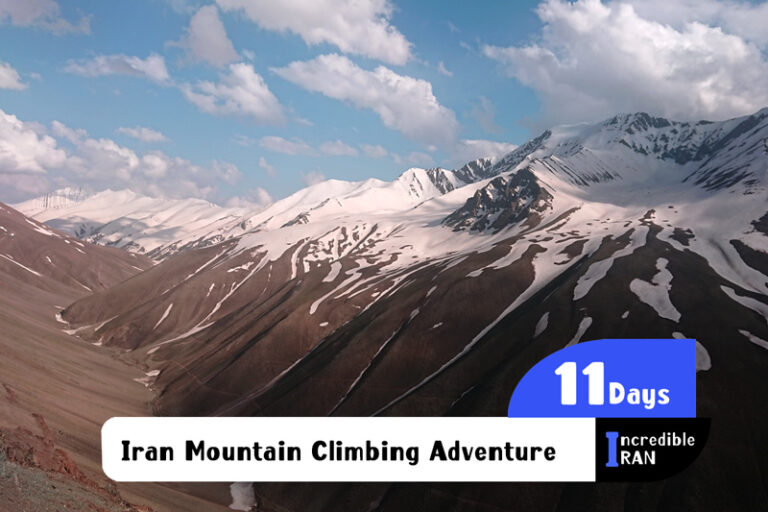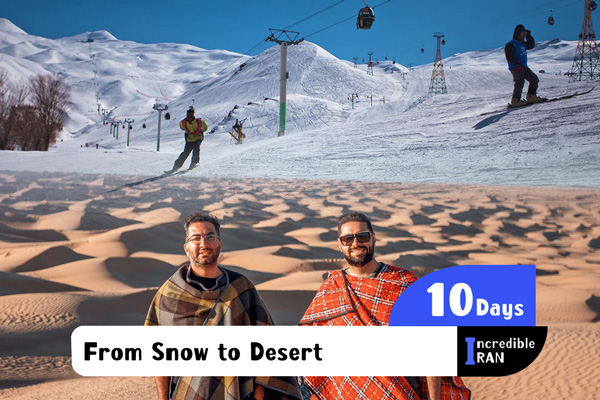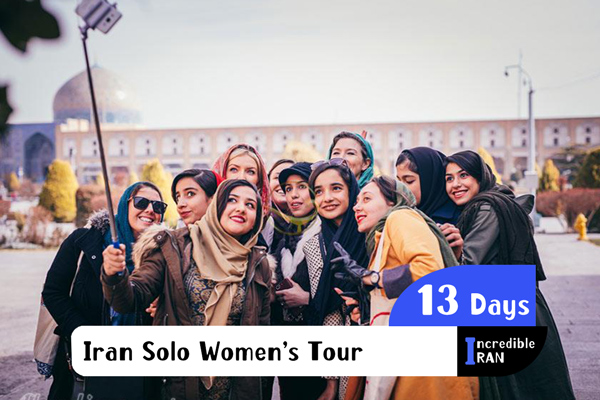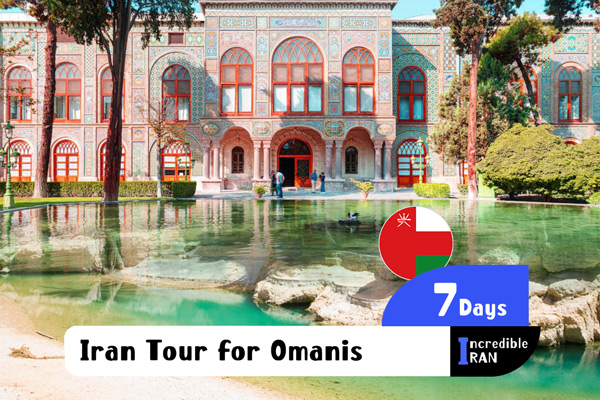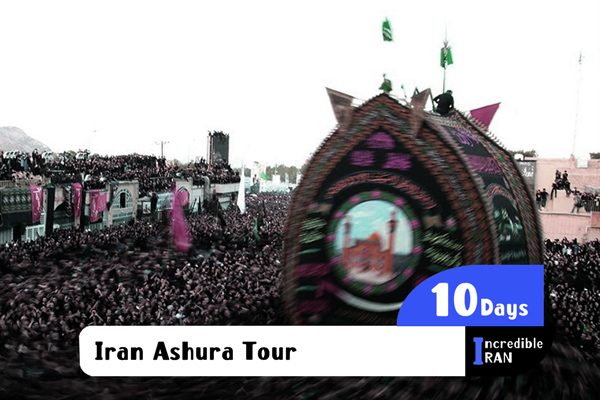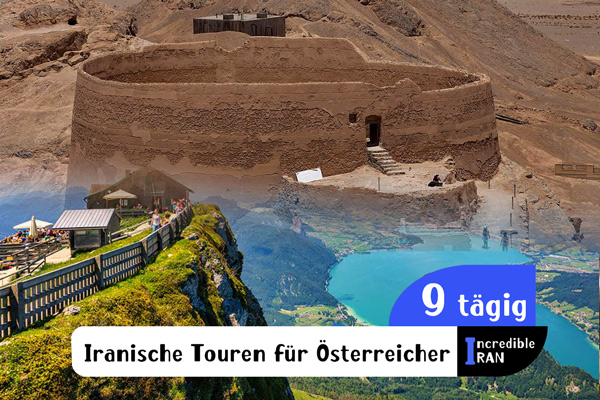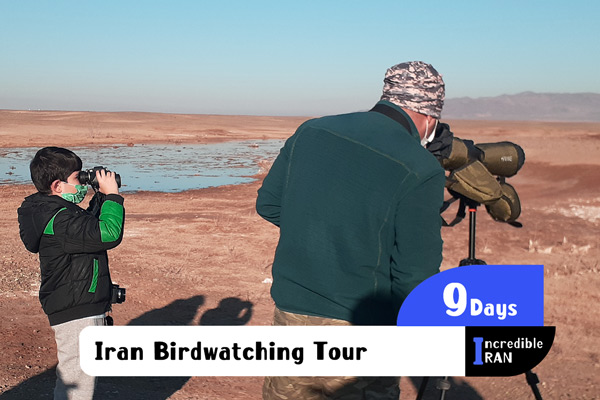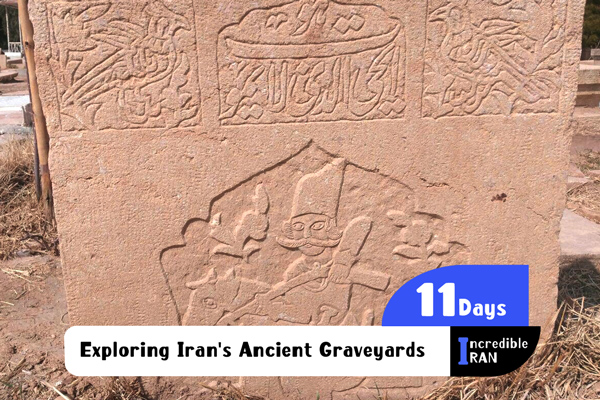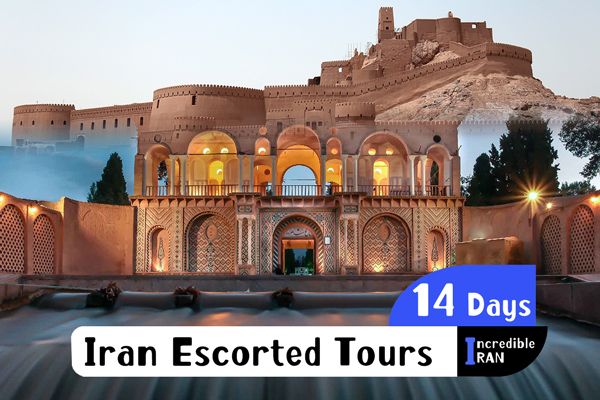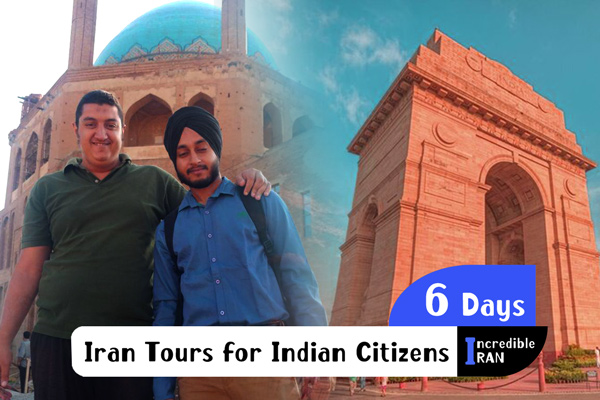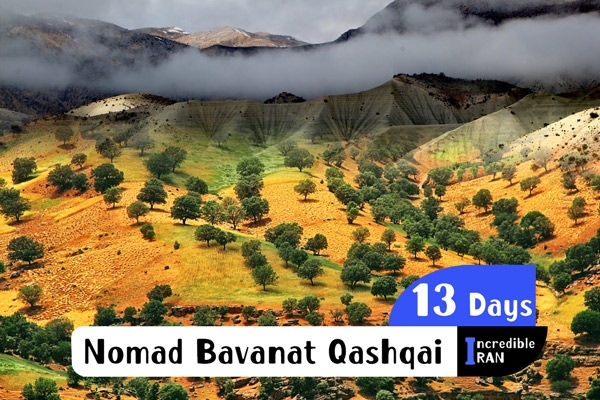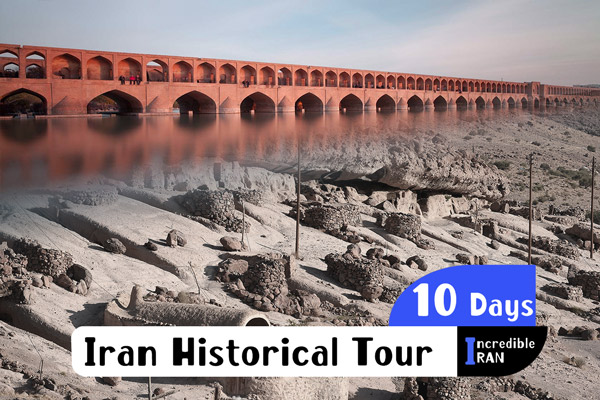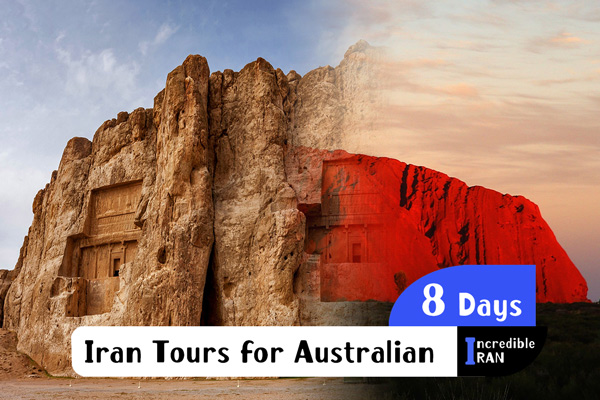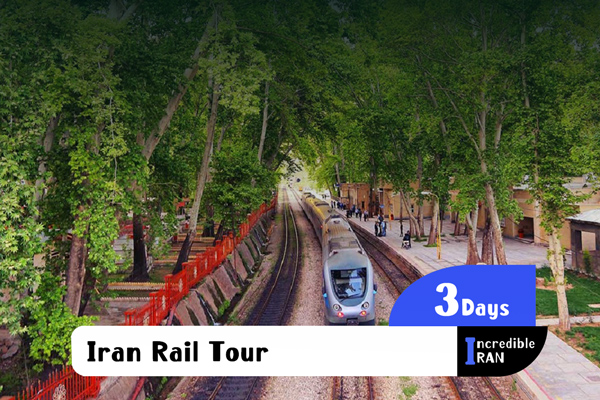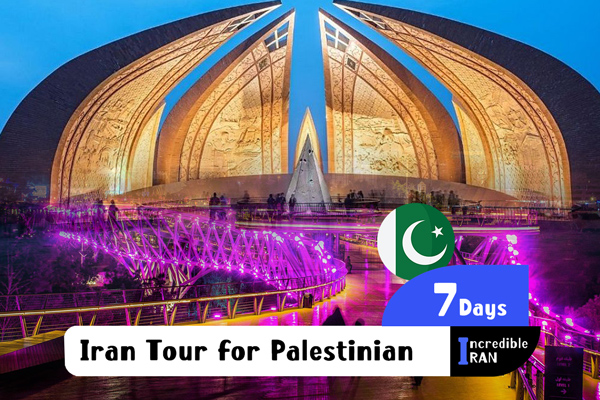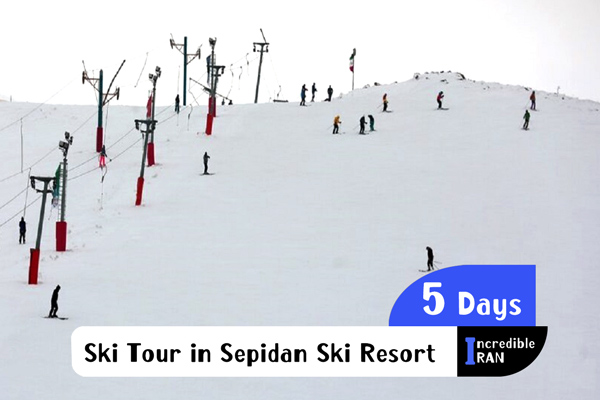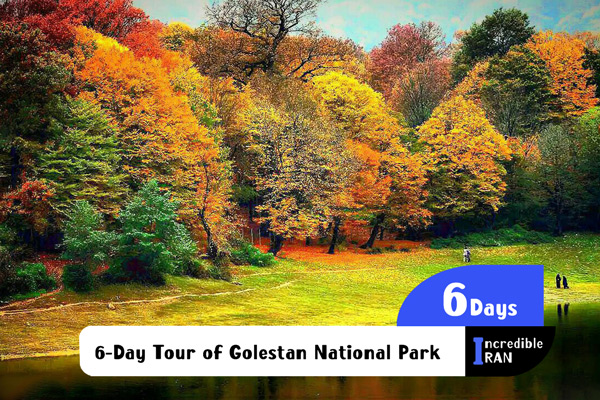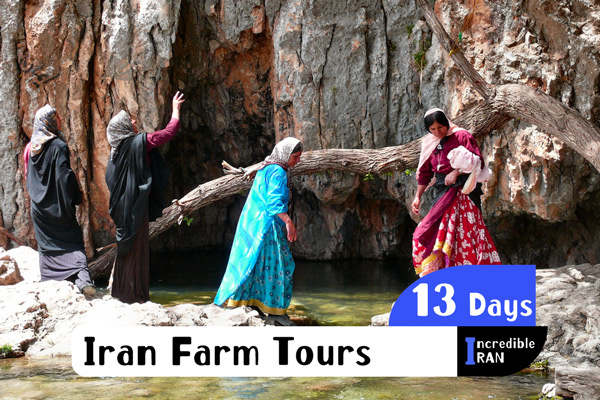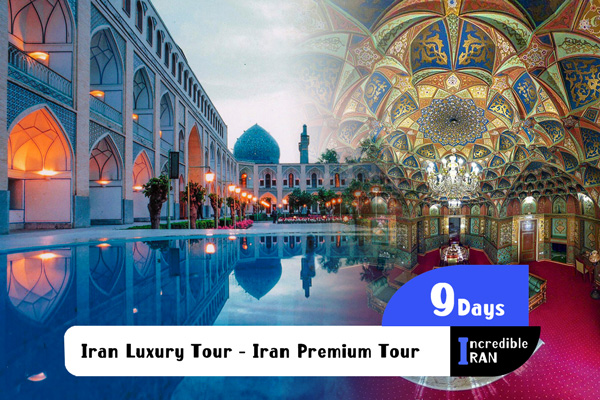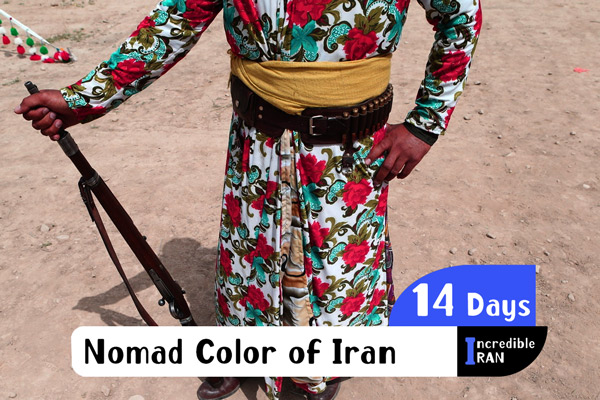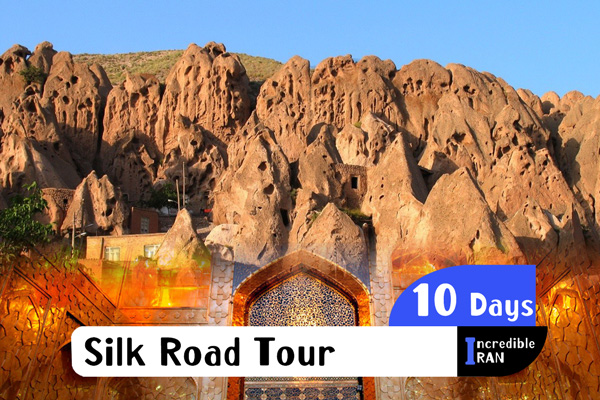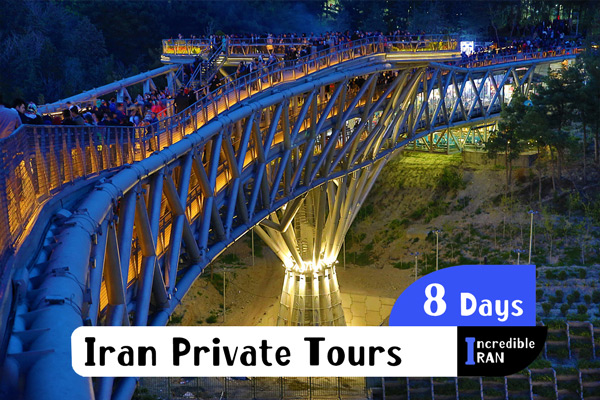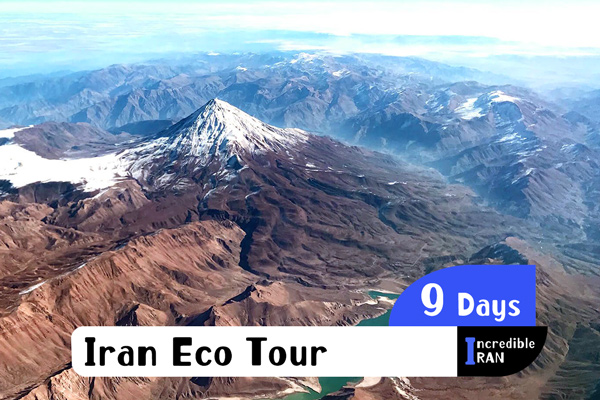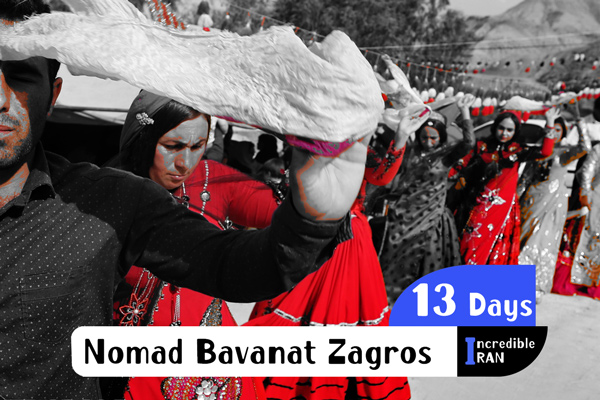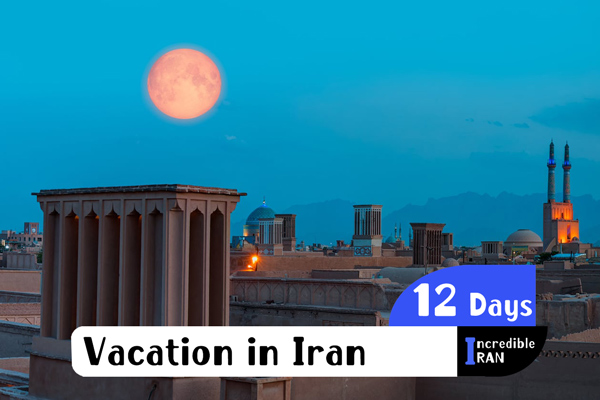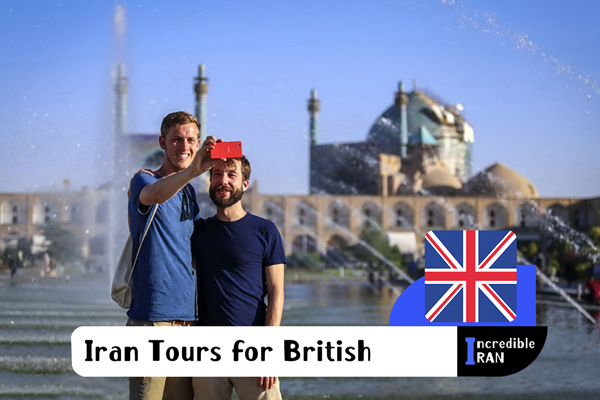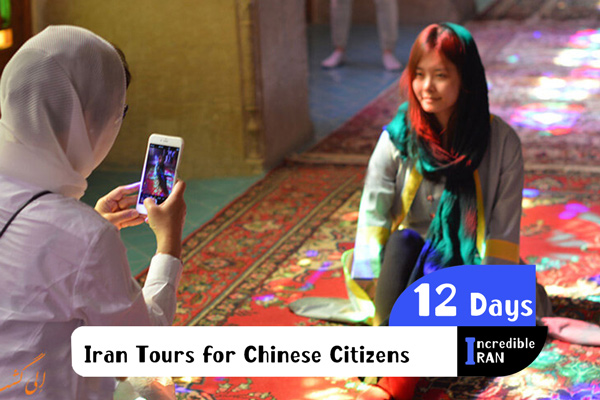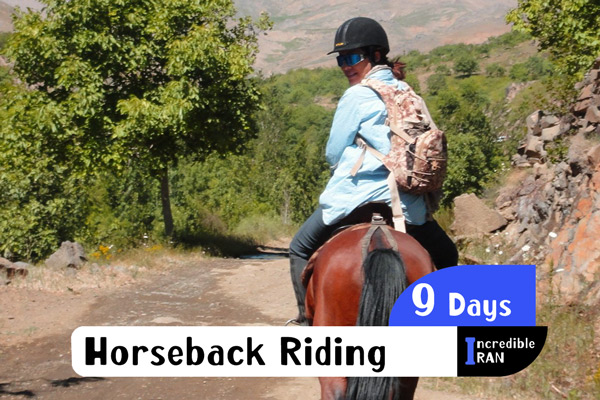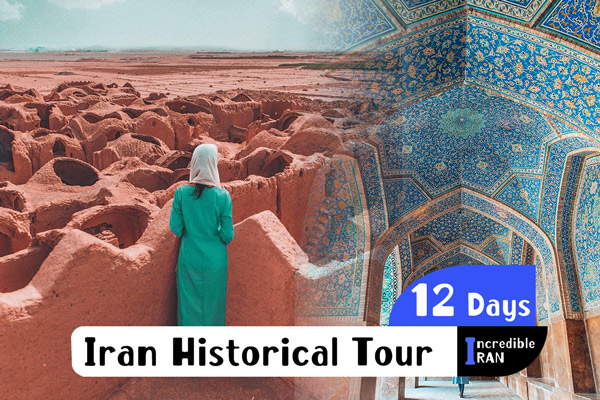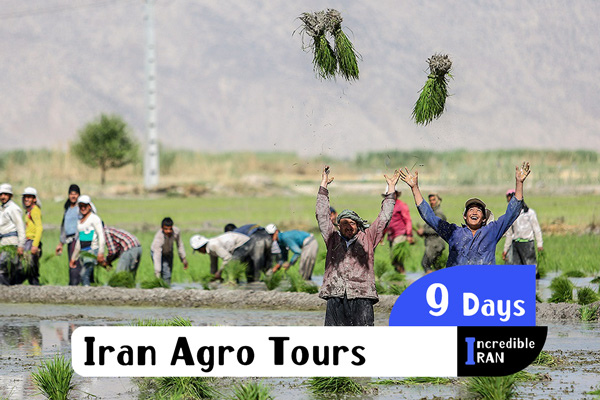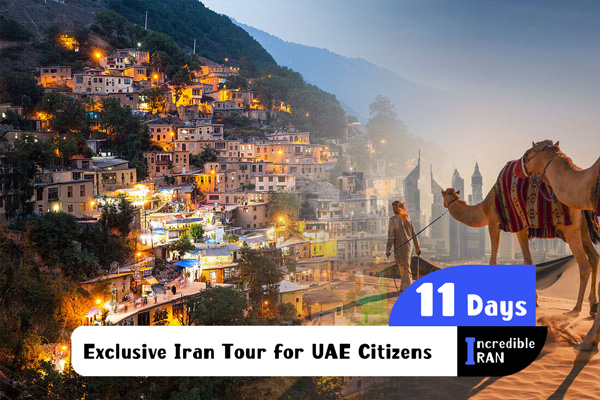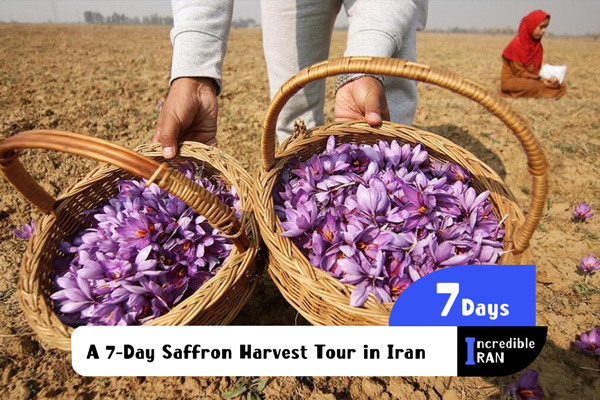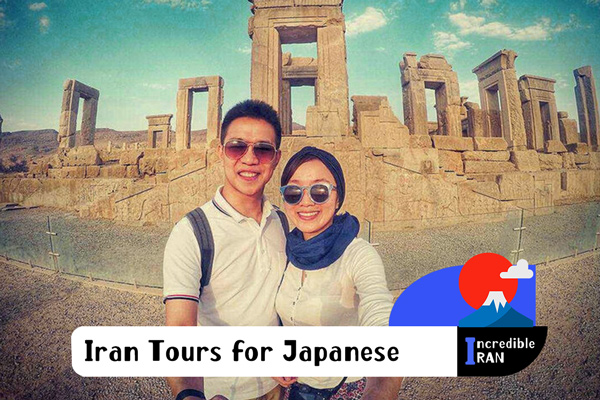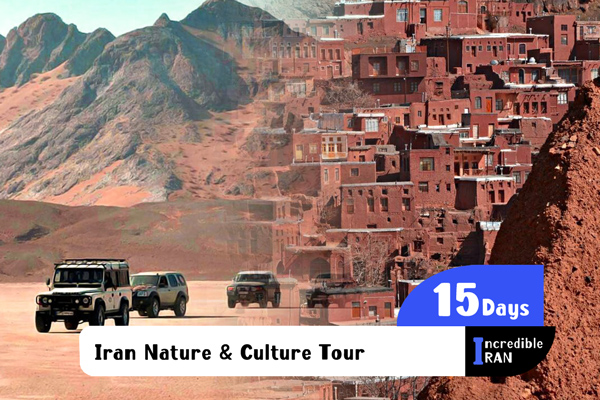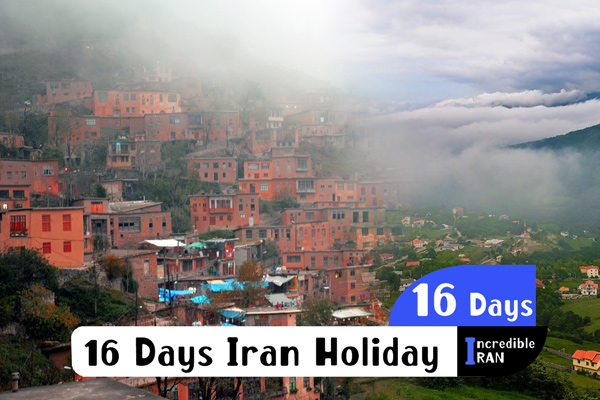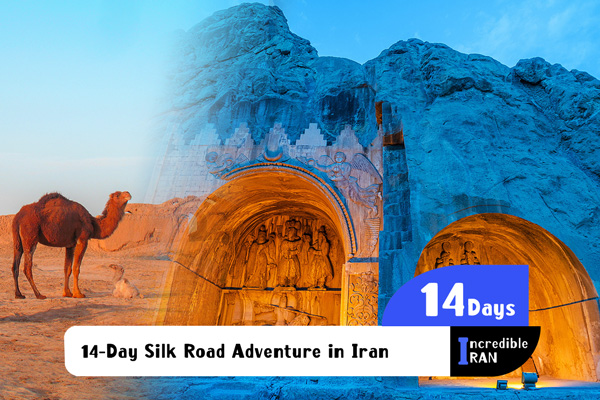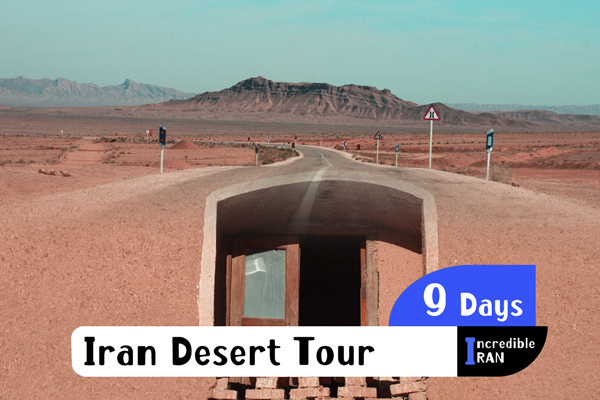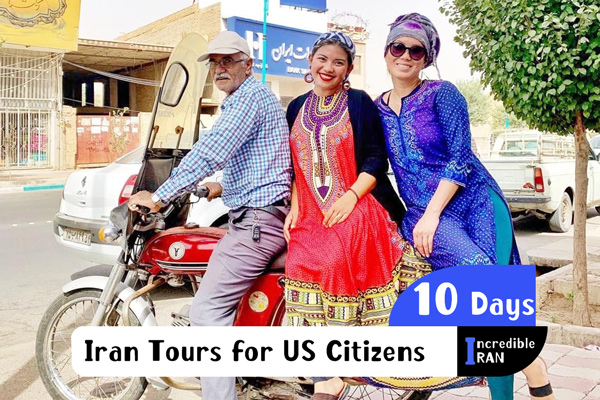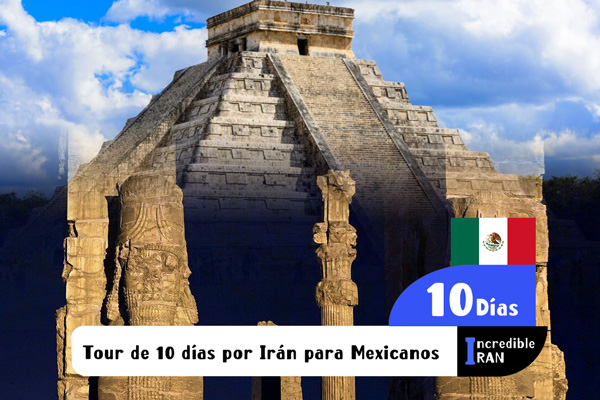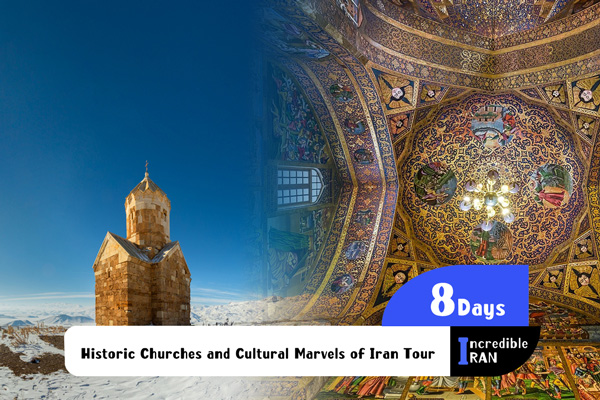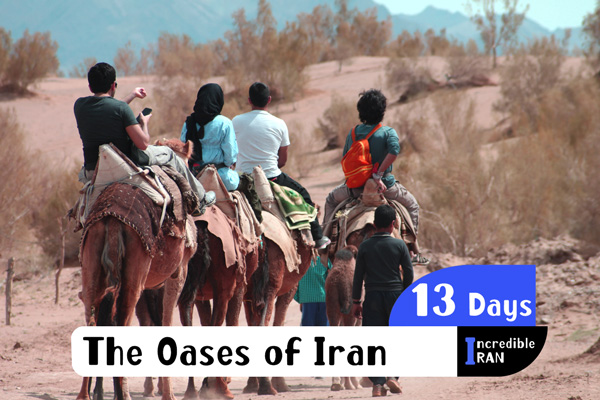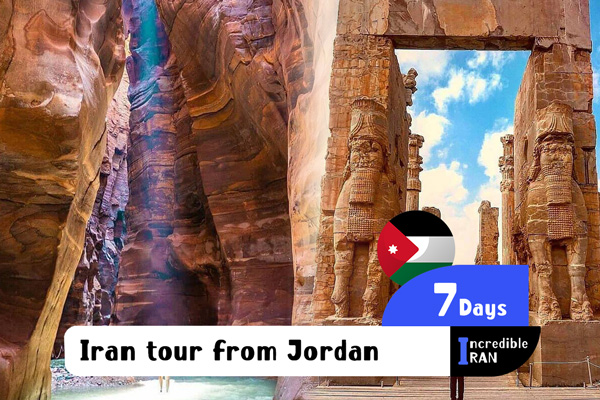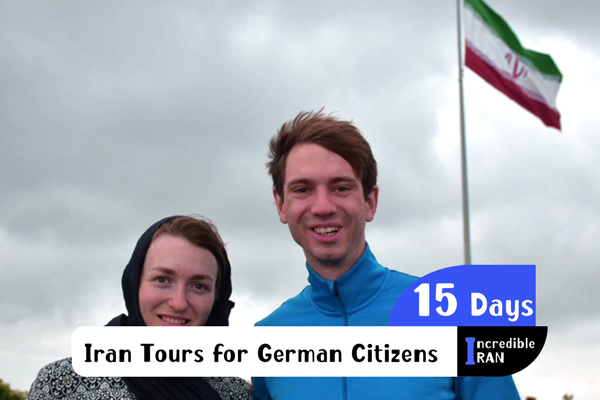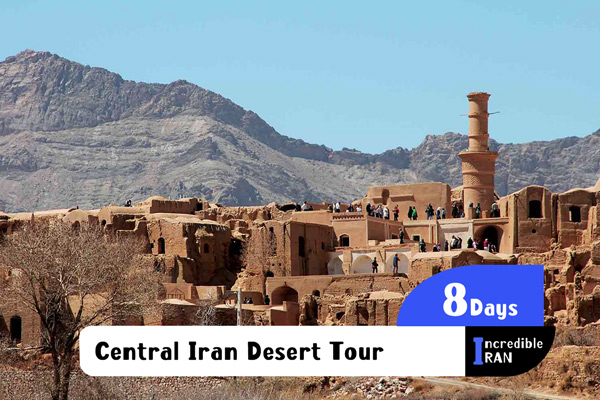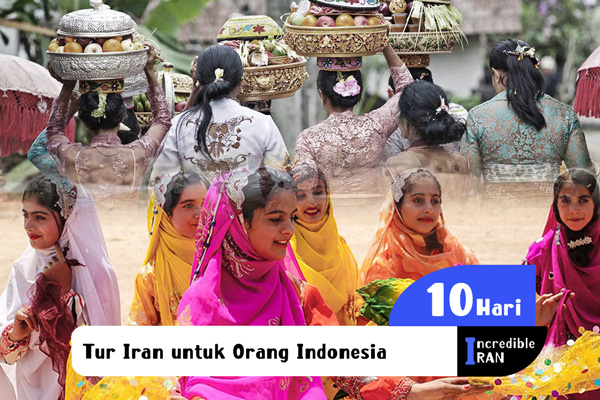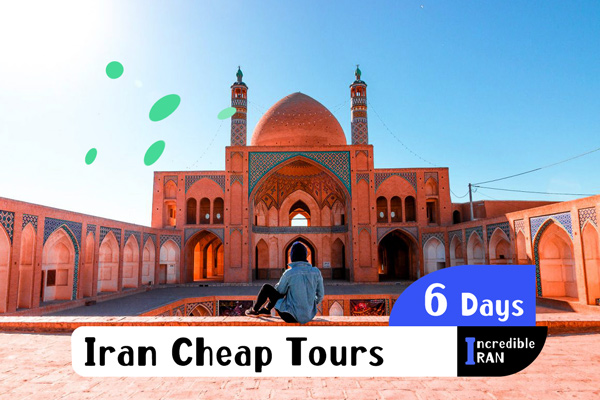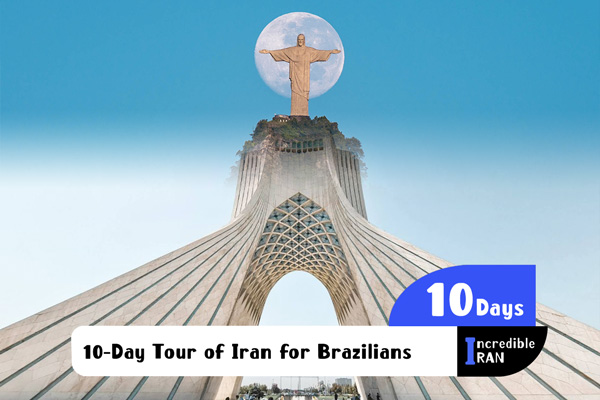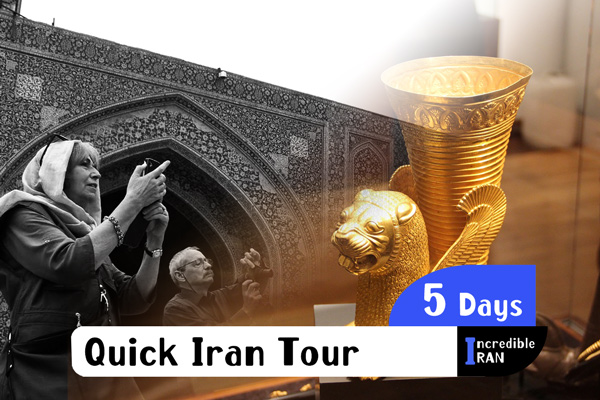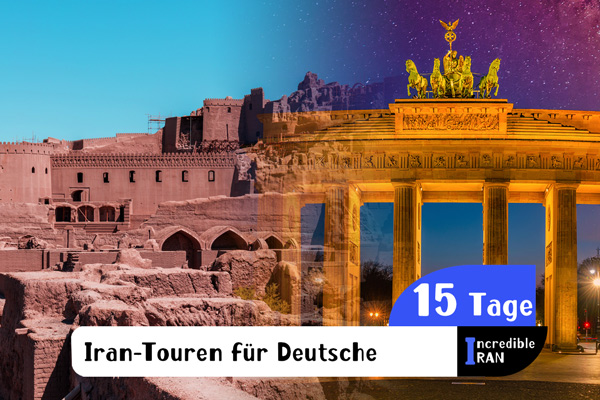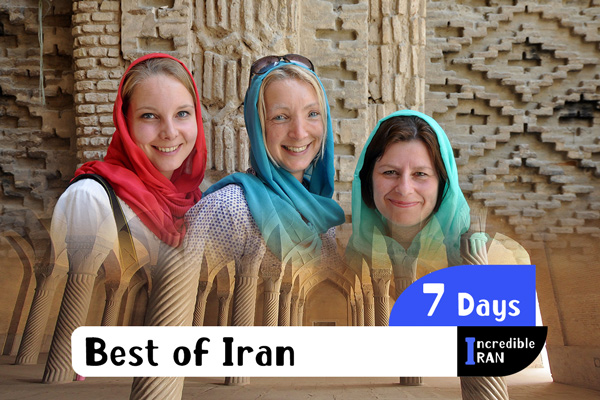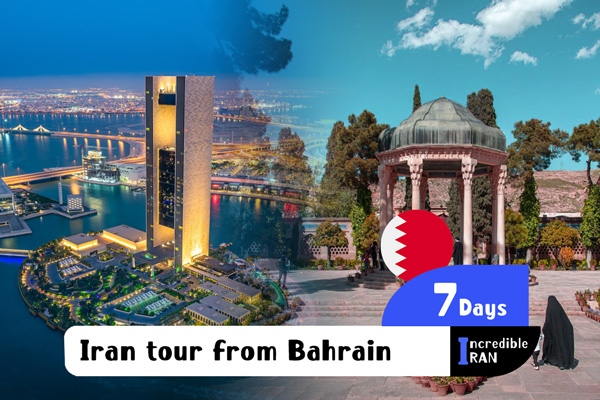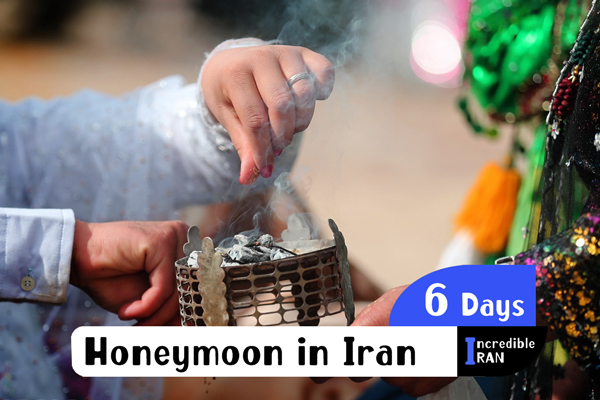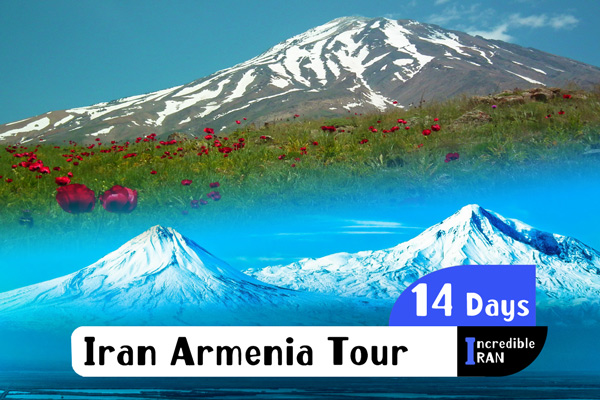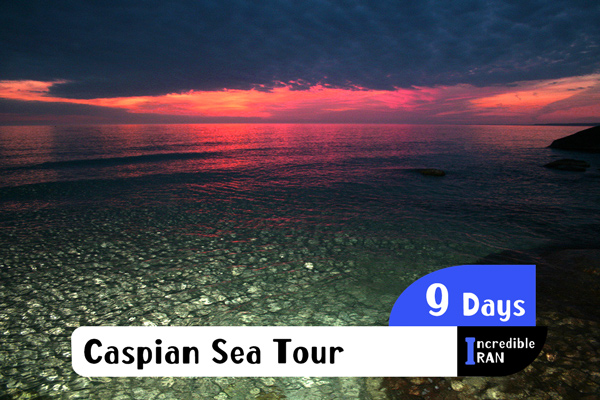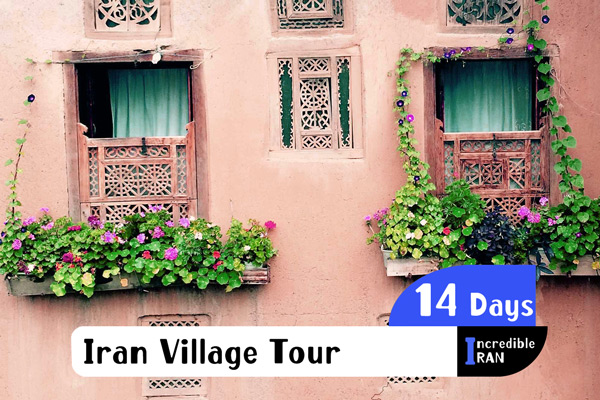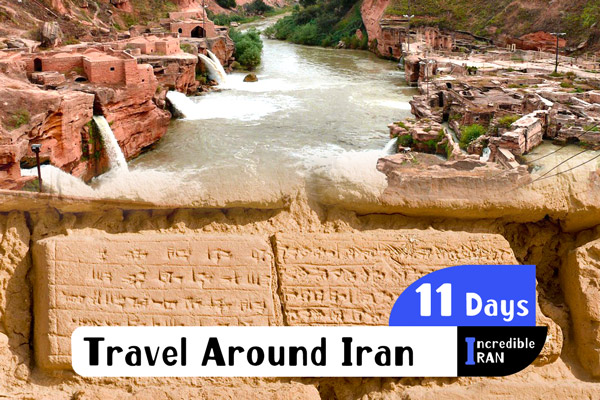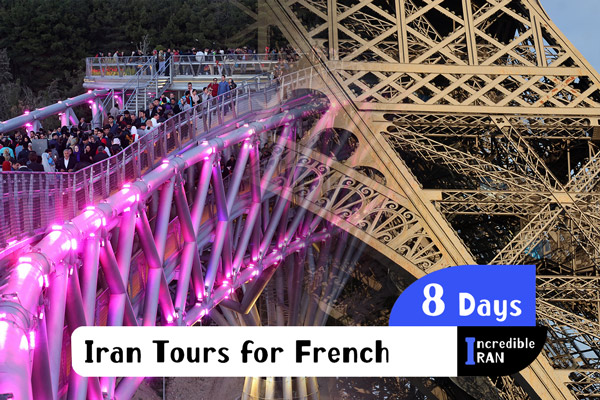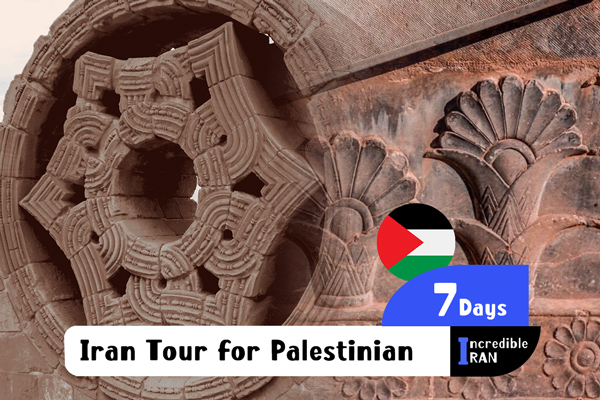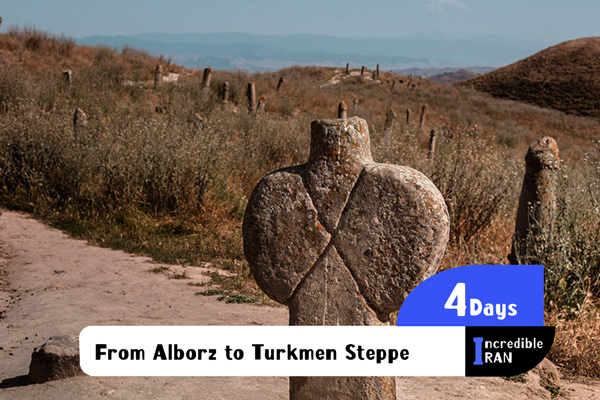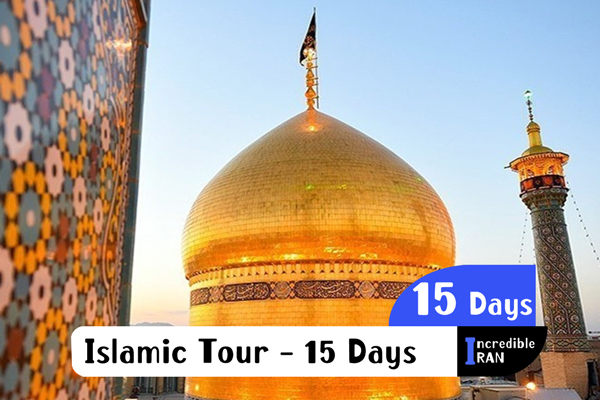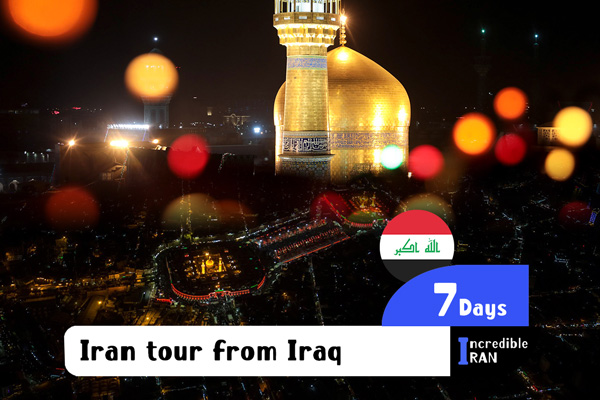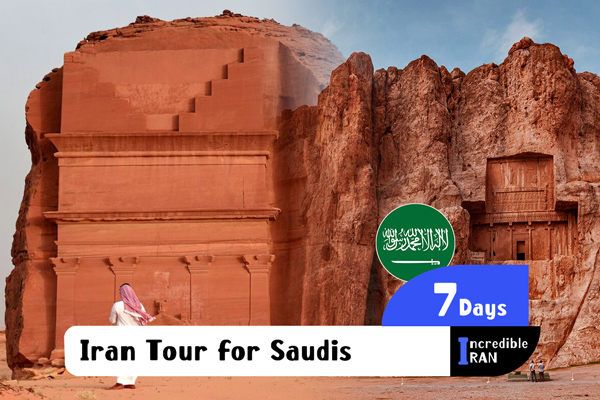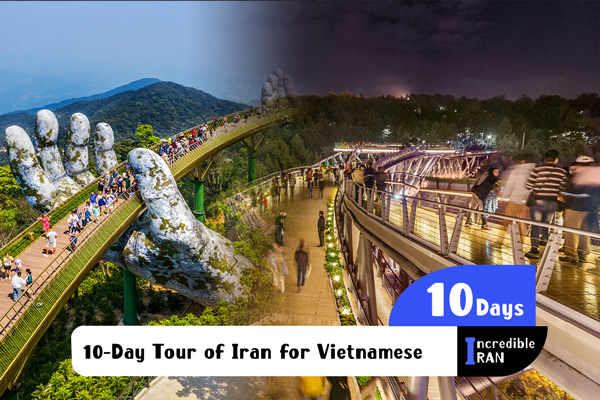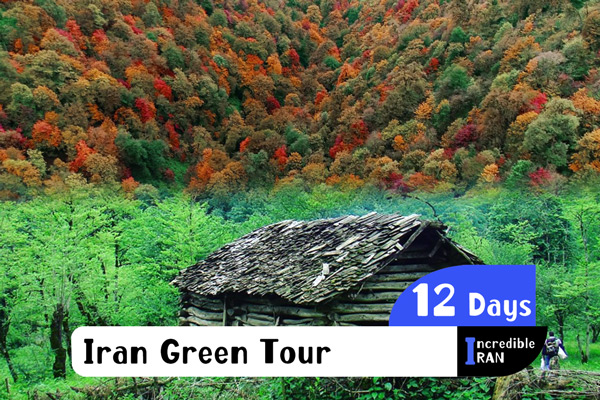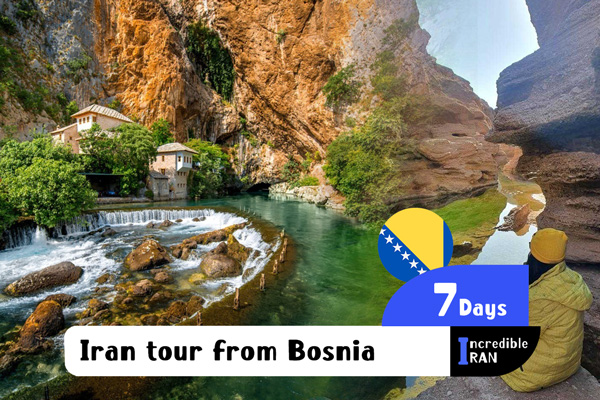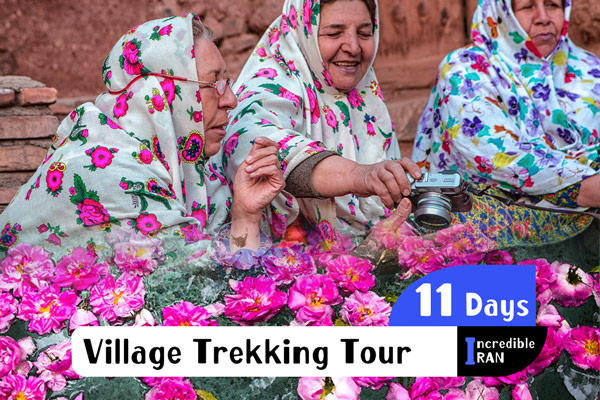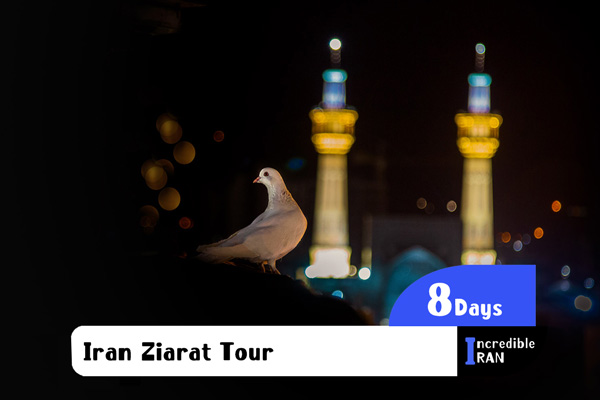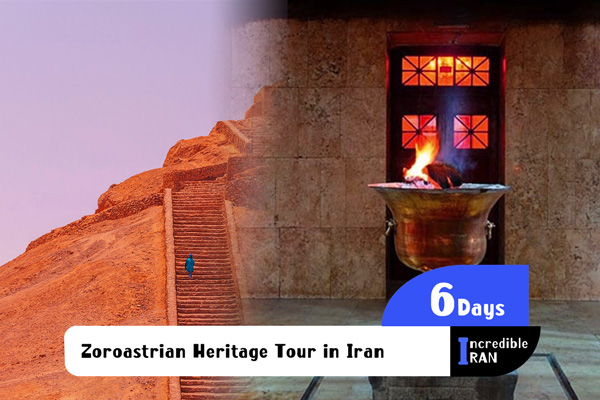
From the Tower of Silence to the Fire Temple: A Zoroastrian Tour of IranShort Tour in 5 Days
The Zoroastrian Heritage Tour in Iran offers a unique opportunity to explore the history, culture, and heritage of Zoroastrians in Iran. This 6-day journey begins with visits to prominent Zoroastrian and historical sites, showcasing the role of Zoroastrians in shaping Iran’s culture. In the cities of Tehran, Yazd, and Meybod, we visit national museums and religious sites, learning about the traditional ways Zoroastrians have adapted to life in the desert. On the way to Shiraz, we explored the Achaemenid heritage at Persepolis and Naqsh-e Rustam. This tour not only highlights ancient history but also the modern lives and culture of Zoroastrians. It’s a culturally enriching experience for every traveler, spent alongside local Zoroastrians.
6 Days
Highlights
- Duration: 6 Days
- Arrival: Tehran
- Departure: Shiraz
- Experience Iranian Cuisine
- Iranian SIM card
- The experience of Zoroastrian places and people in Iran
- Begin at the National Museum of Iran to explore Iran's history and Zoroastrian influence, then head to the Golestan Palace for a glimpse of royal heritage.
- In Yazd, stroll through its ancient streets, visit the Dowlatabad Garden, and experience the Yazd Fire Temple and Water Museum of Yazd.
- In Meybod, see the Tower of Silence, the Chak Chak Temple, and the Pigeon Tower to connect with Zoroastrian traditions.
- Travel to Persepolis and see the legendary capital of the Achaemenids, then visit Naqsh-e Rustam, followed by the cultural highlights in Shiraz.
Hotspots
- National Museum of Iran
- Persepolis
- Pasargadae
- Golestan Palace
- Jameh Mosque of Yazd
- Masjed Jame Yazd
- National Jewelry Museum
- Tomb of Hafez
- Dowlatabad Garden
- Yazd Fire Temple
- Water Museum of Yazd
- Narain Castle
- Nasirolmolk Mosque
- Mazrae Kalantar
- Naqsh-e Rostam
- Tower of Silence
- Chak Chak Temple
- Pigeon Tower
Day 1: Tehran
Arrive in the city at night and transfer to the hotel for rest.
Day 2: Tehran
We start by visiting the National Museum of Iran, showcasing the history of Iran and the role of Zoroastrians. We then proceed to Golestan Palace, reflecting the connection between Zoroastrian culture and Iranian history. We visited the National Jewelry Museum, where we saw a valuable collection of crowns and ornaments of Iranian monarchs. Afterward, we explored the Grand Bazaar of Tehran. We fly to Yazd in the evening and stay at a traditional house.
Day 3: Yazd
We start the day by walking through the old streets and bazaars of Yazd. We then visit the Dowlatabad Garden, exemplifying Zoroastrian heritage with its historic qanats and unique architecture. We visited the Jameh Mosque of Yazd and the Amir Chakhmaq Mosque. We then go to the Yazd Fire Temple, where the sacred Zoroastrian fire has been burning for over a thousand years. We also visited the Water Museum of Yazd to learn how Zoroastrians harnessed water in the central desert of Iran through qanats. We ended the day in the village of Mazrae Kalantar in Meybod, staying with a Zoroastrian couple.
Day 4: Meybod
We start the morning with a visit to the Tower of Silence, used for Zoroastrian burials in the past. Zoroastrian teachings disapprove of burying or burning bodies, and this tower was designed to allow bodies to return to nature.
We then travel to Chak Chak Temple, located 50 km from Meybod in the mountains of Ardakan. This temple, also known as “Pir-e Sabz,” is associated with the legendary story of Nikbanu, the daughter of Yazdegerd III, taking refuge there. Today, it continues to be a place of worship for Zoroastrians.
After visiting these two places, we return to Meybod to see the Pigeon Tower, an example of Zoroastrian and traditional Iranian architecture designed to attract pigeons and collect their droppings. We then go to Narain Castle, one of Iran’s oldest adobe structures that showcases the region’s ancient history.
In the afternoon, we return to the village of Kalantar, with time to explore the village and talk with local Zoroastrians. We spent the night at the Zoroastrian lodging in Mazrae Kalantar.
Day 5: Persepolis - Shiraz
We have breakfast at the lodging and travel by road to Shiraz. On the way, we visit the tomb of Cyrus the Great, the founder of the Achaemenid Empire. We then visit Persepolis, the legendary capital of the Achaemenids. At Naqsh-e Rustam, we see the tombs of four Achaemenid kings and their carvings. In the evening, we reached Shiraz and stayed at a hotel.
Day 6: Shiraz
We start the morning with a visit to the Nasir-ol-Molk Mosque, known for its colorful windows and beautiful architecture. We then proceed to the Vakil Complex, including the bazaar, mosque, citadel, and bathhouse. After lunch, We visit the Tomb of Saadi and the Tomb of Hafez, an icon of Iranian culture.
What plans or ideas do you have for your itinerary?
Tell us about the sort of itinerary you have in mind. In particular, places you want to visit, the accommodation you have in mind, activities you would like to do, and any special interests you have (e.g., temples, local history, wildlife, etc.). The more information you provide, the better.
